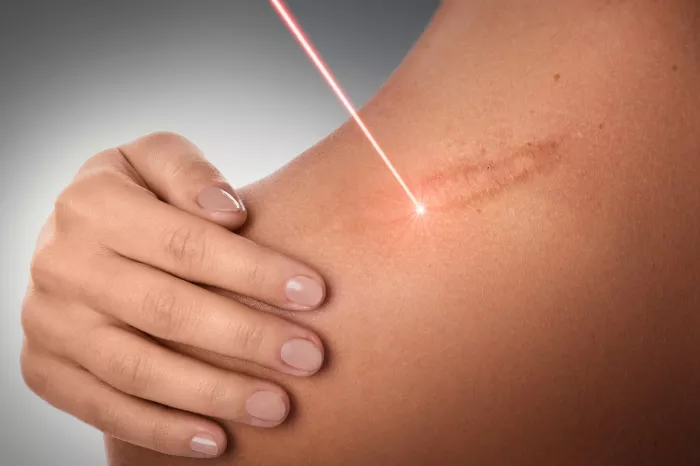A new survey conducted by the independent professional association and healthcare union NU’91 reveals that more than half of the Netherlands’ healthcare professionals frequently or consistently feel exhausted after work. The findings, based on responses from nearly 2,100 medical staff, underscore a growing crisis within the sector as work-related fatigue and physical health problems rise sharply.
According to the report, 37 percent of respondents suffer from sleep disorders directly tied to their jobs. Many also report frequent headaches and chronic pain in the neck, back, and shoulders—symptoms that indicate the physically demanding nature of their roles. Notably, 36 percent of respondents directly attribute their health issues to irregular and unpredictable work schedules, which continue to be a major source of stress in the healthcare profession.
The survey paints a concerning picture of overwhelmed staff unable to consistently deliver the level of care they strive for due to mounting workloads. “Healthcare depends on people. When their own health is at stake, how can they be expected to care for others?” asked NU’91 chairperson Femke Merel van Kooten. “Nurses and caregivers are often forced to prioritize which patients to help, even when doing so goes against their professional ethics. The work is never done, and they constantly feel like they’re falling behind.”
Van Kooten expressed deep concern over the findings and called for structural reforms to ease the burden on healthcare workers. NU’91 is advocating for more balanced work schedules, better control over shift planning, and improved opportunities for rest and recovery. “There is still much to be done,” she said. “We are drafting a detailed policy proposal with concrete recommendations. The insights of nursing professionals are crucial—they understand best what is needed to work in a healthy and sustainable way.”
Despite the sobering statistics, the survey also highlights several positive elements in the work experience of medical staff. About 69 percent of respondents reported strong support from partners, family, or friends. Sixty percent also said they felt well supported by their colleagues, and 57 percent noted they frequently feel energized during their workdays.
“These positives are vital in reducing burnout risk, provided that institutional support continues,” Van Kooten explained. However, she warned that the overall pressure on healthcare workers remains unsustainable. “The risk of burnout and staff attrition is alarmingly high. Without meaningful changes, the quality of care is at serious risk. We must address these issues to maintain a functioning healthcare system.”
The report adds to a growing chorus of concerns about labor conditions in Dutch healthcare facilities, as prior months have seen labor disputes, near-strikes, and increasing calls for improved mental and physical support for frontline staff. NU’91’s upcoming policy recommendations are expected to play a key role in shaping the national conversation around healthcare reform in the Netherlands.
Related Topics































